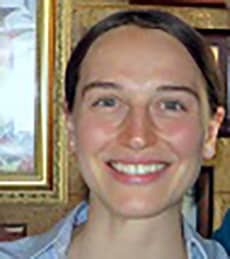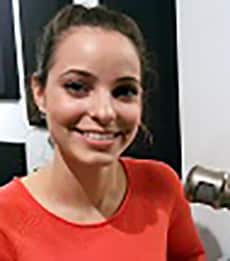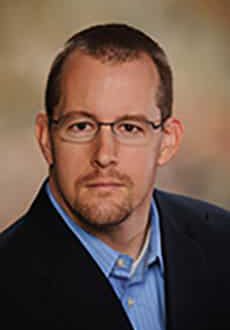Summary
“If I am to speak ten minutes, I need a week for preparation; if an hour, I am ready now.”
Variants of this quote are attributed to several different historical figures, attesting to the perennial challenge of delivering concise (and meaningful) presentations.
Sadly, the typical technical presentation features slides crammed with text, small images, dense tables, lengthy equations, and detailed flow diagrams, the oral delivery being rushed in a monotone, the speaker running out of whatever time is allotted, whether three minutes, 20 minutes, or 50 minutes.
Clearly, only three minutes or less to present highly complex, technical material to an audience that is educated but not specialized in your field poses a special challenge. Indeed, it takes practice, awareness and empathy, particularly if your aim is to kindle surprise and curiosity, and make your audience actually want to hear more rather than less.
This, for example, is what the Three Minute Thesis® (3MT®) Competition is all about.
2017 marks the inaugural IMS2017 3MT® Competition, proposed by Bandler and Kiley. Here, in three minutes or less, using only one static slide and no other props, contestants will deliver their prepared presentations to a panel of non-specialist judges, and will be ranked on how engaging, accessible, and compelling they made their presentations. Contestants who go over time are disqualified.
As we draw on our experiences with 3MT®, including aspects of organizing, mentoring and competing, our webinar addresses important topics in the art of effective live communication of complex technical material in language suited to a non-specialist audience.
Much of what we discuss, however, is also applicable to specialist presentations designed for specialist audiences; for example: story-telling, trust, first impressions, citation, subtext, authenticity, articulation, etiquette, slide composition, respecting your audience, admitting setbacks, and more.
As examples, we analyze and discuss 3MT® case studies from several disciplines and suggest tools and strategies to for you to deliver your most engaging talk ever!
Attendance is free. To access the event please register.
Note: By registering for this webinar you understand and agree that IEEE may share your contact information with the sponsors of this webinar and that both IEEE and the sponsors may send email communications to you in the future.
Speakers

Assistant Professor of Mathematics
Massachusetts College of Liberal Arts
Erin Kiley is a new Assistant Professor of Mathematics at the Massachusetts College of Liberal Arts. She is an applied mathematician, whose research specializes in modelling and computational electromagnetics, including problems in microwave sintering. She received her B.Sc. (Mathematics and Statistics) and B.A. (Russian) from the University of New Hampshire, and her M.Sc. (Applied Mathematics) and, in 2016, her Ph.D. (Mathematics) from Worcester Polytechnic Institute. She is co-organizing the first ever 3MT® competition for the 2017 IEEE International Microwave Symposium.

Ana Kovacevic received her Honours Bachelor of Science Degree in Biology with a minor in Psychology from McMaster University. She is currently completing a Master’s in Kinesiology, investigating the impact of physical exercise on brain health in older adults. Ana placed first in the 2016 McMaster University 3MT® Competition, represented McMaster in the Ontario provincial competition and received the Dean’s Award for Excellence in Communicating Graduate Research. She recently worked at the University of Sydney, Australia, and served as a judge for presentations at the 2016 NeuroXchange conference at McMaster University. Ana is passionate about communicating scientific research. Watch her McMaster 3MT presentation “Stepping Into A Healthy Mind.”

Dr. Michael C. Hamilton is an Associate Professor in the Electrical and Computer Engineering Department at Auburn University and the Assistant Director of the Alabama Microelectronics Science and Technology Center.